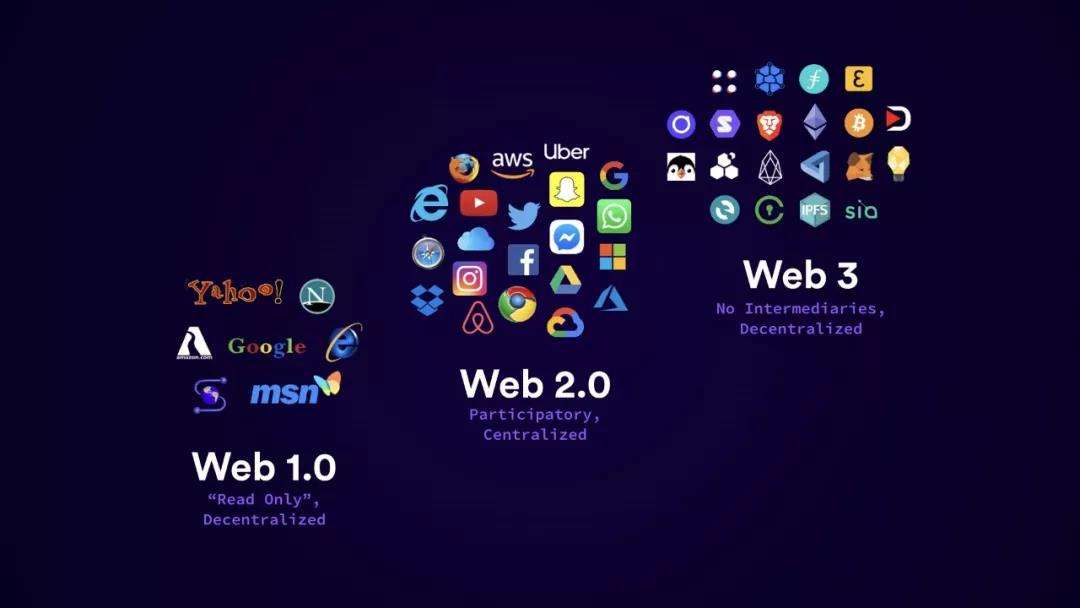Cryptocurrency wallets can be tricky to manage. Regardless of whether you are using a desktop wallet or a mobile one, you should choose a wallet provider that provides multiple features. For example, a wallet provider should offer mobile apps, which will double your account security. Additionally, they should offer multiple layers of security, including security features such as phone verification.
Trusting a cryptocurrency wallet provider
Before choosing a crypto wallet provider, it is important to learn as much as you can about the industry. Cryptocurrency is a volatile investment, and it is important to have adequate protections in place. Many companies offering digital wallets offer security measures that protect your investments. Some of these measures include Multi-factor Authentication (MFA) and cold wallets.
Consolidating multiple crypto wallets
There are a number of benefits to consolidating multiple crypto wallets, including increased peace of mind. Having multiple crypto wallets is not only inconvenient but also can compromise your financial stability. By consolidating your multiple wallets, you will be less likely to lose your funds or even experience a loss.
For one thing, you’ll be less likely to lose your entire crypto if a single wallet is hacked. As blockchain ledger technology is designed to keep track of all transactions, it is risky to keep a large amount of crypto on a single wallet. Additionally, it is easy for criminals to target an attractive wallet. Therefore, it is imperative to consolidate multiple crypto wallets.
One of the biggest disadvantages to multiple wallets is that they can be difficult to manage. It’s better to stick with two or three, so as to minimize confusion and keep your assets under control. Moreover, separate wallets may not have enough funds for transactions, so pooling your funds into one account can ensure better investment opportunities.
Consolidation also means that your funds are unified in one address, which reduces transaction costs. Bitcoin has an advantage over Ethereum in this regard. By consolidating all of your inputs into one address, you can send more coins at once without incurring more than one transaction fee. Ethereum, on the other hand, does not have this option, and therefore, you must send the coins from each address separately.
Security of software wallets
A software wallet’s security should be the top priority. The user must protect the wallet from phishing attacks and other threats. Besides implementing the necessary security measures, wallet developers should also educate their users about the importance of maintaining security. It will be useless to have the best security measures in place if the user does not keep the wallet secure.
The most important security controls in a software wallet include the encryption of data and user authentication. It is important to use strong passwords and authentication flows. The software should not allow third parties to access the wallet’s private keys. It should also provide a means to protect the wallet against mnemonics and credential leaks.
Crypto wallet security is a complex subject. It is difficult to provide a one-size-fits-all solution for every issue. Web-based wallets, for example, may be susceptible to supply-chain attacks. Their vulnerabilities grow as their external dependencies increase. These dependencies may include cryptographic libraries, official blockchain standards and protocols, and other handy utilities.
Security of crypto wallet software should also include protection against mobile device malware. Most mobile applications do not check whether the user’s device is trusted or has any malicious apps. Some of these mobile malware can steal user credentials, mnemonics, and private keys from the memory of the app. According to OWASP MASVS L2, crypto wallet software should protect against these attacks and notify users when their devices are unsafe.







Facebook Comments